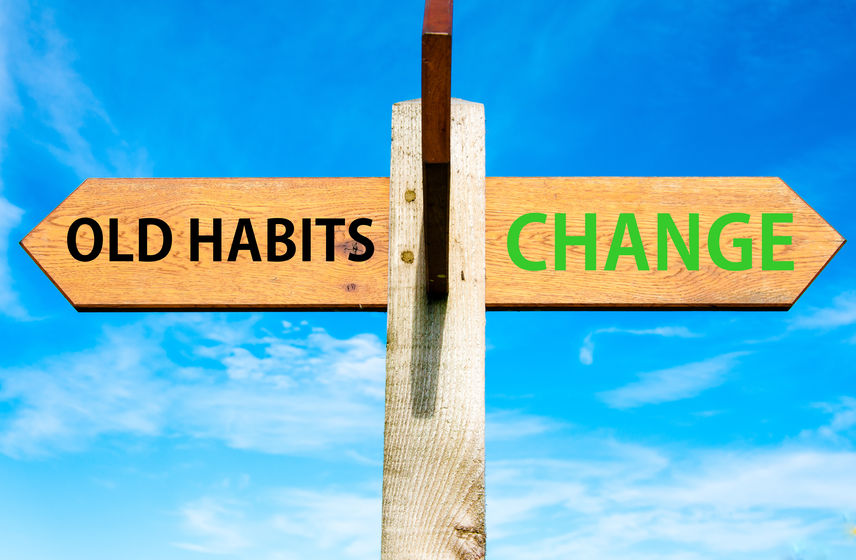Lifestyle change is the only way to get the weight off and keep it off for good. It is the only method of weight reduction that ever works in the long-term.
Usually when Lizzie Keen is seeing patients at Doctors Hospital of Augusta, their chronic conditions have already worsened and the registered dietitian is trying to help them get things under control. For those who will be making a New Year’s resolution to lose weight and get healthier, however, she thinks small and steady change is better.
Vowing to lose weight in the new year is always a top resolution people make: 65% of men in a survey of those ages 30-65 were making a resolution to lose weight next year, according to the telehealth company Vault Health.
For many it is more of an ongoing resolution. The number of adults age 20 and older who are following a special diet in the U.S. increased from 14.3% in 2007-08 to 17.4% in 2017-18, according to the National Center for Health Statistics. Those rates increase with age, with those age 20-39 reporting 13.3% on a special diet compared with 19.3% for those 60 and older, according to a recent report from the center.
Keen believes that “The biggest mistake people make, however, is in thinking of it as a diet. Probably the first mistake people make is saying, ‘I am going to go on a diet’ vs. ‘I am going to make some healthy lifestyle changes to manage my chronic disease. Saying you are on a diet constitutes restriction.”
Lifestyle Change is the Key
A better word is moderation. Too often people are focused on rapid weight loss when the goal should be no more than two pounds a week, Keen said.
“More than that, it is unhealthy and it can be attributed to fluid loss, which is not good because obviously you want to stay hydrated,” she said. “Also the faster you lose weight, the sooner you plateau. Then people might not be seeing results as quickly, get frustrated and go to more drastic measures, which are not sustainable in the long run.”
As a better way to set goals, Keen offers the acronym SMART: Specific, Measurable, Achievable, Realistic, and Time-bound or Timely.
• If you can set your goals up that way, it just overall makes it more sustainable,” she said.
• If you create small goals, they are a lot easier to meet, you are a lot more likely to keep yourself accountable and they are a lot more likely to turn into lifestyle changes versus just a temporary diet.
• If you make too many changes at once, it can be overwhelming, it can be unmanageable, and difficult to adhere to.
• Also, think about other areas that will help promote better health, such as exercise, getting an adequate amount of sleep, stress management and hydration. Often when one area is out of balance, it can throw the others off as well.
• If you don’t get enough sleep, you tend to overeat. If you don’t get enough sleep, you tend to be more stressed. If you are more stressed, you tend not to sleep as well” and then it becomes a vicious cycle.
• Also, think about stretching more. A lot of people don’t think about that, but that plays into exercise. Just daily stretching can provide you with a lot of benefits.”
Ultimately, it might be better to start off with one healthy change, stick with that for a month until it becomes a habit, then add a new goal for the next month, she said.
“Think tortoise, not hare,” Keen said. “Slow and steady is going to win the race when it comes to lifestyle choices.”
Click here to read full article about lifestyle change.







